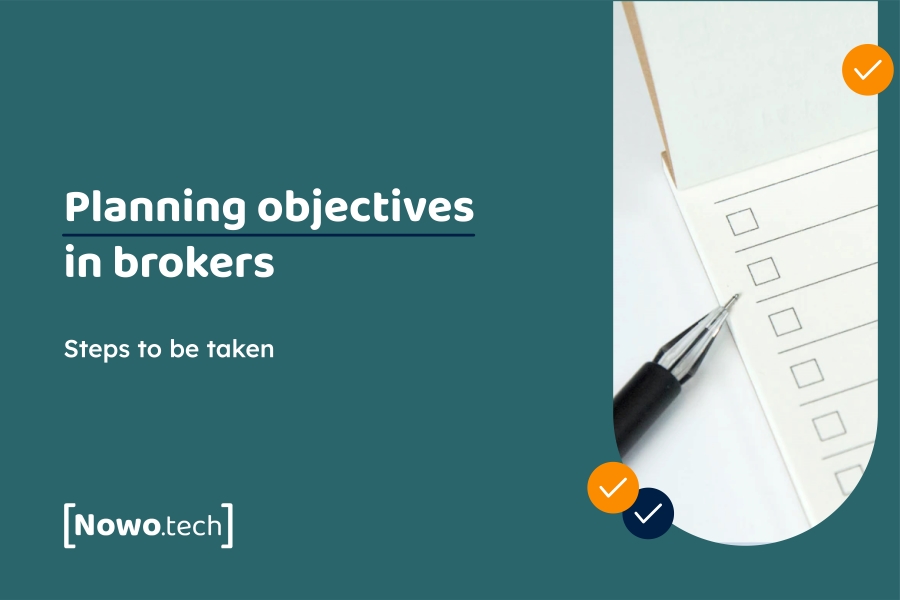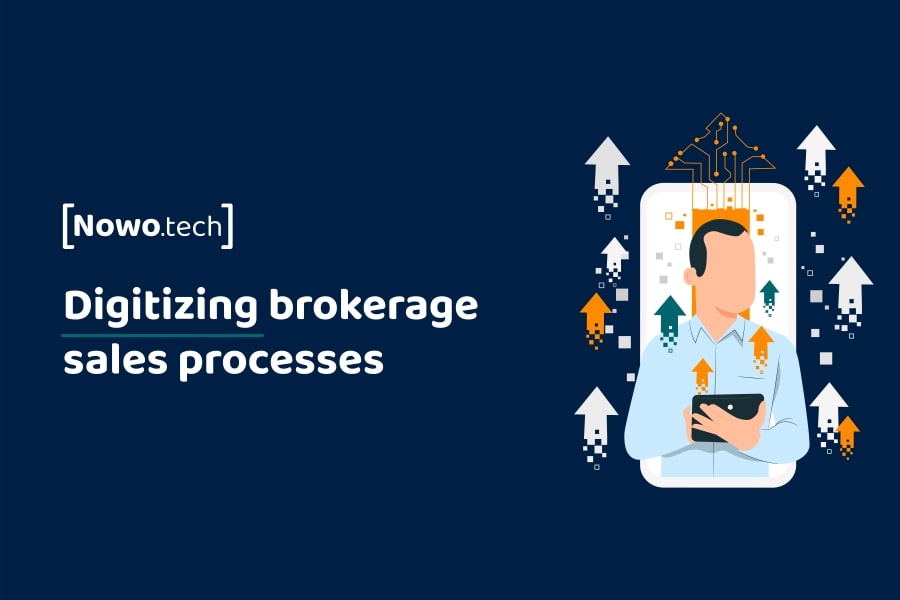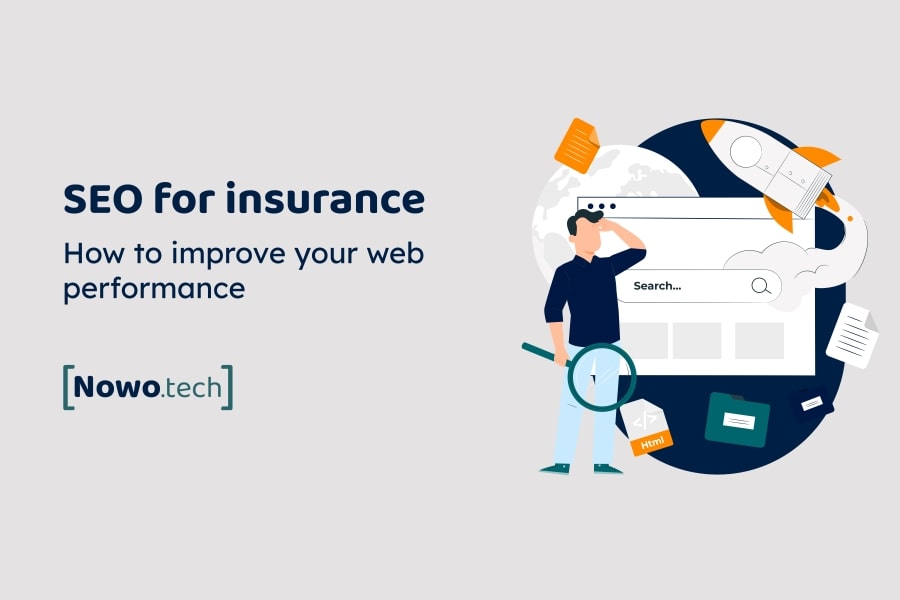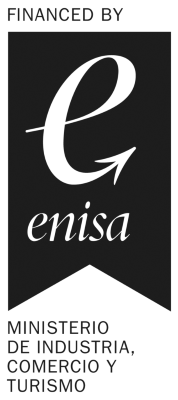Planning objectives in an insurance brokerage should be a mandatory task. Setting goals, marking how to achieve them and in how much time will not only force you to stay on track, it will also allow you to review the effectiveness and effort after the fact, determining whether the plan is working or requires changes.
In other words: making a business plan for your brokerage will give you a vision of where you want to take your business in the short, medium or long term.
In many brokerages, setting goals is a key factor for success, as well as a source of motivation for you and your team.
Importance of planning objectives in the insurance industry
Planning objectives in an insurance brokerage will help us to be clear about such important aspects of the company as its mission, vision and the values that define it.
It is not possible to carry out actions and measure their results correctly without a previous planning of the objectives.
What should my brokerage’s objectives be like?
Defining your objectives may be a simple task, but it is a process that should not be taken lightly, as it will mark the why and how of a company’s actions.
One of the most commonly used methodologies for this task is the SMART methodology. This ensures that each objective must meet the following five characteristics: be specific, measurable, achievable, realistic and measurable over time. If we follow this principle, our objectives will be useful and will guide all phases in our brokerage.
Specific
What do you want to achieve?
It is important to be as clear as possible in this section. We should avoid abstract and general goals in order to focus on concrete goals to address.
When goals are too broad or unclear, focus can be lost. Inaccuracy leads to errors and misunderstandings.
When objectives are specific, it is possible to visualize the entire journey from start to finish.
Some questions that could guide us and help us to be specific may be:
- What are the concrete steps in the plan?
- Who do we need to achieve it?
- What actions are needed and how will they be carried out?
- What priority will we give to this objective over others?
Measurable
How do we know if it has been effective?
We need to specify which key indicator or KPI will help us quantify the performance of our actions, know where we are and determine whether or not we are achieving the objectives.
When drafting the objective and subsequently measuring it, we must ask ourselves these questions:
- What data will we need?
- Is our data accurate and reliable?
- How much is enough and how much is not enough?
- How will we know if we achieved our objective?
Achievable
Are the actions to be taken achievable?
It is very important to be aware of the capabilities and limitations of the team.
Some questions that will help you:
- What are the guidelines needed to achieve this objective?
- Is the objective realistic when compared to previous performance?
- Why do we think it is achievable?
- What internal and external factors could prevent us from achieving the objective?
Realistic
Can we achieve this objective?
Planning a realistic objective means you will have to analyze the context in which you find yourself and what resources you have available. This is a way to make sure that the goals set will not be impossible.
Questions to ask at this point are:
- Who are the right people to achieve it?
- Will this goal help to achieve the strategy in the long term?
- What is the return on investment (ROI)?
With established timelines
How long will it take to achieve it?
We cannot put off achieving our goals forever. Setting time limits for our objectives will help us not to lose focus. In other words, you must establish a time frame for action. We can do this, for example, on a daily, monthly or quarterly basis.
Some of the questions we should ask ourselves when setting a time frame:
- Is the objective achievable within the time frame?
- What is the longest or shortest period possible to achieve this objective?
- What time-related obstacles could delay progress?
- What do we do if we realize we are not on track in the middle of the period?
Steps to planning goals in a brokerage
Planning in an insurance brokerage is essential if we want to grow effectively, but not everyone knows what steps to take to do it correctly:
Diagnose the situation
At the starting point, it cannot be missing a study of the current situation, where we are, what material and human resources we have, what customers come to us, what income we have and where they come from … You must make a detailed and real analysis, for which we must be totally objective. Our advice is to make use of tools that can guide us, such as a SWOT analysis.
Establish objectives
Once the diagnosis of the current situation has been resolved, we can determine the objectives. These can be long term (generally 5 years), medium term (1-2 years) and short term (3 to 6 months), and as we mentioned in the previous section, they must be SMART.
Establish the actions to be taken
To achieve the short, medium and long term objectives, we must establish the actions that are most relevant to achieve them.
Example: if I want to have 50 more users at the end of the year as an insurance advisor, what should I do, what actions should I carry out on a daily or weekly basis, what information is most relevant to me, what risks are involved in not meeting these objectives, etc.?
Prioritize
It is necessary to prioritize among all the tasks we have established, so that those that are more effective and provide more value to the company and the users/customers, will be carried out before.
Measure results
As we have already said, when we establish objectives, these must be quantifiable and have a date set for achieving them. This way, once that date arrives, we will be able to measure the results and make adjustments for the coming months, since sometimes, during the development of the plan, we realize that we need to make changes to adjust even more to reality or to be more effective. This does not mean that we lose sight of our final objective, it is simply a matter of adjusting to reality.
What objectives can my insurance brokerage set?
Each brokerage will have its own circumstances and priorities, and sometimes depending on the objectives set, these may be within the insurance marketing plan. However, these are some of the most common objectives:
Be more productive
Undoubtedly, one of those that will ensure greater profitability in the business.
One way to improve productivity can be by automating tasks through insurance software. This way, your team will be able to approach more clients and sell more policies with less effort.
Strengthen online visibility
Nowadays, having visibility on the Internet is no longer an option, it has become a must. However, it is not enough to create an insurance website. It must also be updated on a regular basis.
Providing usability and renewing content helps to build customer loyalty and attract new users. In addition, it will allow you to advertise on the Internet effectively.
Improve your positioning in search engines
Being present on the Internet does not mean that we are visible to the potential target audience. It is necessary to get traffic to our website, and for this purpose it is essential to carry out specific SEO strategies for insurance (Search Engine Optimization) and SEM (Search Engine Marketing).
Activate campaigns on social networks
More and more insurance mediation companies and SMEs want to sell insurance on social networks, either organically or through paid campaigns. The latter will be the most interesting if your business has just started on social networks and does not yet have a community.
Optimize communication with customers
Personalized and direct attention is a key factor in customer interaction. For this reason, we must take care and intensify communication with users using all the channels available to them:
- Face to face
- Telephone
- Social networks
- Videoconferencing platforms
- Other
Given the workload and the difficulty of organization that this entails, we recommend that you opt for a CRM for insurance to help you carry out everything efficiently.
Offering attractive products and renewing the offer
Another of the objectives that we must take into account is not to neglect the needs of customers, providing attractive, useful and affordable products. Also to renew offers with others that do not form part of it or to which they have not given enough importance until now.
Continuously train employees
Training for any insurance brokerage ensures greater customer satisfaction. In the same way, we must train our employees in digital transformation, cybersecurity, implementation of processes and tools, marketing and sales…. As a result, we will have highly qualified personnel, improving business productivity.
Conclusion on objectives for brokerages
As we have already seen, we cannot leave aside the planning of objectives for our insurance company, and the SMART methodology can be of great help to be effective.
Moreover, if you work with an insurance SaaS or insurance sales software to help you in all this, meeting all the goals can become a much easier task.









